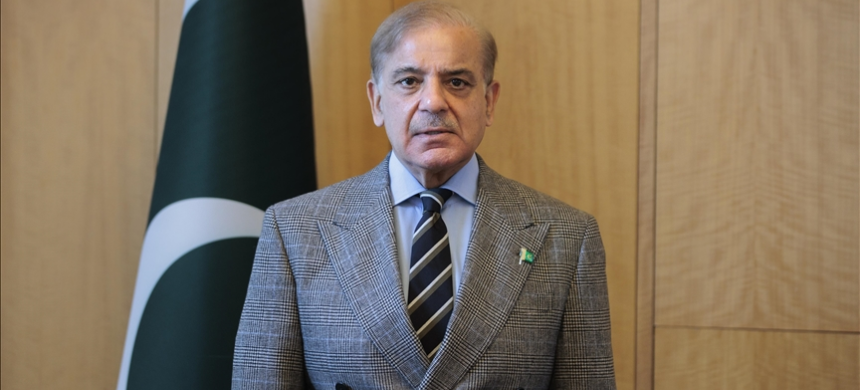Prime Minister Shehbaz Sharif recently chaired a crucial meeting on promoting electric vehicles (EVs) in Pakistan. During the meeting, he emphasized the government’s commitment to advancing EV adoption as a strategy to conserve foreign exchange by reducing reliance on petrol and diesel and to benefit the environment.
The Prime Minister directed the development of a comprehensive financial model for EVs and called for consultations with the Ministry of Finance and the State Bank of Pakistan. He also highlighted the need to improve licensing regulations for EV production in the country.
Also Read: PM Shehbaz Pledges Full Support to Military to End Terrorism
Sharif emphasized that consultations with all provinces, federal units, and stakeholders should be conducted to ensure broad support for the EV policy. He announced plans to distribute electric motorbikes to high-achieving students in government schools, akin to the laptop scheme, and mandated that federal ministries only purchase electric motorbikes for their institutions to help save national resources.
Additionally, the Prime Minister instructed the Capital Development Authority (CDA) to develop a detailed plan for implementing electric public transport in Islamabad.
The meeting also covered recent developments in the EV sector: since 2022, 49 licenses have been issued for the production of two- and three-wheel electric vehicles, with 25 factories already in operation. The first license for local four-wheel EV production was granted in September 2024, and the first locally-made electric car is anticipated by December this year. Currently, Pakistan has 45,000 two- and three-wheel electric vehicles and 2,600 four-wheel electric vehicles.
The establishment of charging stations along major routes, including motorways and key highways, was also discussed. Federal ministers and other key officials attended the meeting, including Ahsan Iqbal, Rana Tanveer Hussain, Owais Leghari, Khalid Maqbool Siddiqui, Minister of State for Finance and Revenue Ali Pervaiz Malik, and climate change coordinators.











